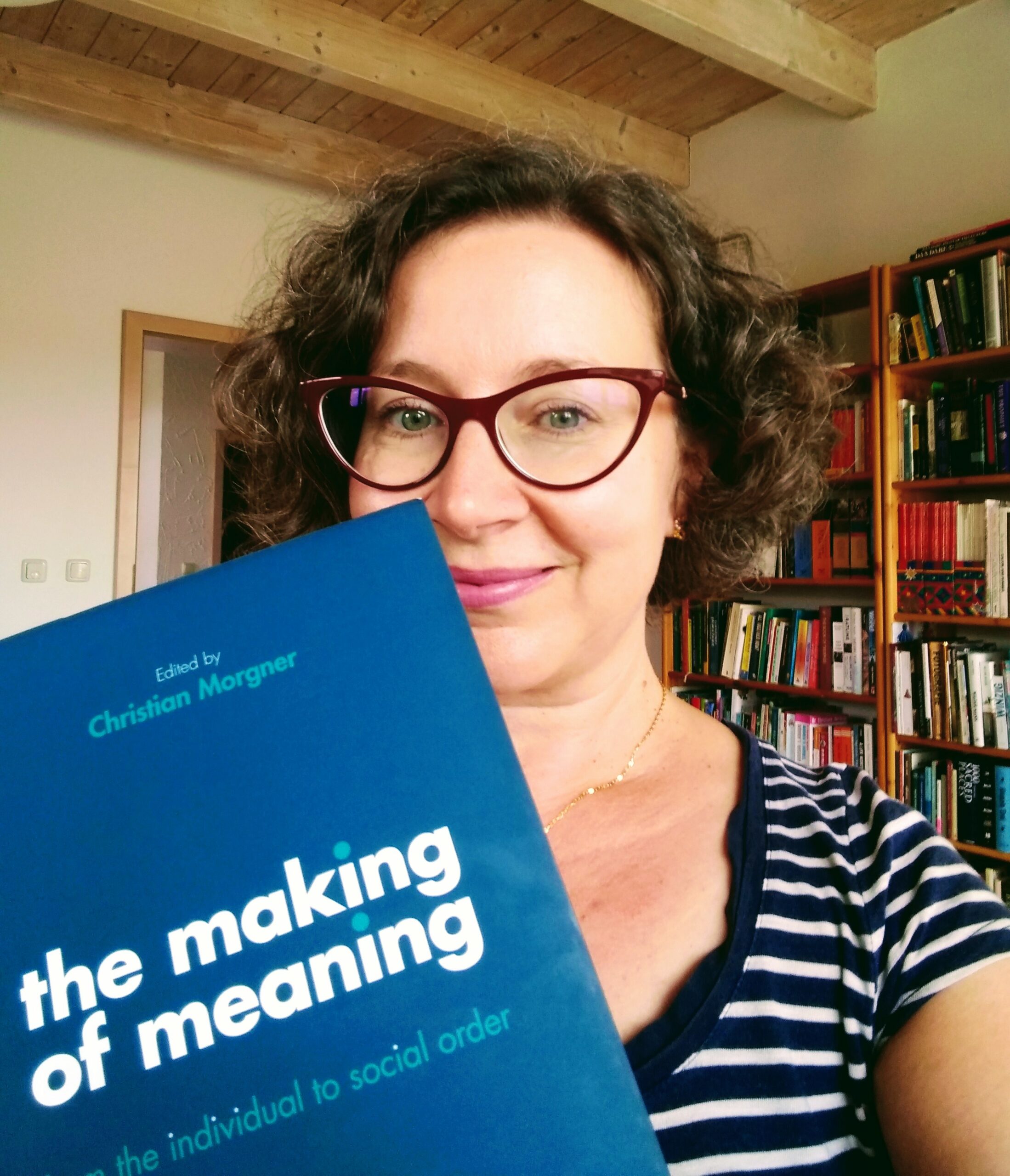I’ve lost count of how many times it’s happened to me – I tell someone…
Why you won’t find me on social media anymore
 When I first started out as a freelance translator, social media were still a comparatively new phenomenon, and were being touted as THE new way to do business. Their advocates (basically everyone) hailed them as a trailblazing new way of networking and marketing that cost nothing and gave you instant and easy access to potential new clients all around the globe. I already had a Facebook account, but dutifully created a page for my business in additional to my personal profile, and set up accounts on Twitter, LinkedIn, and XING. I posted content, interacted with colleagues, shared information I found interesting, and followed profiles I thought had the potential to lead to work.
When I first started out as a freelance translator, social media were still a comparatively new phenomenon, and were being touted as THE new way to do business. Their advocates (basically everyone) hailed them as a trailblazing new way of networking and marketing that cost nothing and gave you instant and easy access to potential new clients all around the globe. I already had a Facebook account, but dutifully created a page for my business in additional to my personal profile, and set up accounts on Twitter, LinkedIn, and XING. I posted content, interacted with colleagues, shared information I found interesting, and followed profiles I thought had the potential to lead to work.
Ten years later, in late 2020, I made the decision to delete nearly all of my social media accounts. I had come to find social media stressful, anxiety-inducing, and almost completely devoid of reward. I was still hearing the same mantras of how useful – nay, indispensable! – social media was for business owners, but in my own experience, this simply wasn’t true. To give my take on just a couple of the most pervasive myths:
- Social media are a great way to find clients! In a decade, I have been approached maybe twice by someone who found me on social media. Neither of these approaches came from ideal clients. Basically all of my work comes through word of mouth or (much less frequently) web searches. And the kind of people I enjoy working with – scholars at the top of their fields, with the budget to pay for professional translation and editing – aren’t wasting their time on social media. Instead, they are busy producing groundbreaking research and scholarship.
- Social media are a great way to network with colleagues! Yes and no. Social media do offer one way of networking. But is it the best and most efficient way? Do I really need to know what one colleague had for breakfast that day, or read another’s rant about the latest political mess? If I have a query about a tricky translation problem, does it make sense to post that on Twitter, or would it be better to share it on a closed forum for professionals only, such as one of the ITI network forums? If I want to exchange opinions with a colleague on some issue, is a public platform where I’m limited to 280 characters really an ideal option, or would exchanging emails or even a phone or video call be more productive? For me, there are definitely better ways of building a professional network than social media, especially if your priority is to create high-quality, lasting relationships rather than loose connections.
- Social media are a great way of staying up to date in your field! Again, I would ask whether there are not better, more effective ways of keeping up with the latest developments. Membership of a professional association, for instance, will give you access to professional journals and CPD events that are able to provide much more detailed, in-depth information and that above all have been vetted by specialists. The sheer volume of irrelevant content I have to wade through to get to professionally useful information on social media is a huge distraction and timewaster – I may have found the occasional nugget of gold on Twitter or Facebook, but it was far outweighed by the amount of dross.
Over the last year or so, more and more studies have been published about the harmful effects of social media on mental health and democracy, and whistleblowers have revealed the extent of companies’ lack of ethics. I share all of these concerns and have experienced social media’s negative impact on my wellbeing myself, but for me, the biggest thing is this. Social media destroy your ability to concentrate for extended periods of time. Translation and editing are tasks that require deep focus and concentration. This is even more the case for the kind of texts that I work on, which are usually long, abstract, and complex. You simply can’t stop frequently to check your phone, or keep an eye on your Twitter feed as you work, without this having a hugely detrimental effect on your work in terms of both the quantity and the quality of your output. Automation is already changing the work landscape beyond recognition, the world of translation included. We’re constantly hearing that translators will need to become increasingly specialised and focus on increasingly complex texts if they’re not to be made extinct by DeepL and Co. And yet so many of us engage in social media, which are actively engineered to fragment our attention and destroy the ability for complex thought that sets us apart from machines. We even tell ourselves that we have to use social media if we’re to be a professional success. In my opinion, this is not just untrue, but a very dangerous narrative indeed.
Since quitting, my mental wellbeing and focus have improved markedly. Instead of trying to cope with the information overload of my social media channels, I give focused attention to professional forums and publications. I have become much better at defining goals and setting targets, and making sure I reach them, simply because I am no longer trying to do everything, only those things that are a good use of my time. I am getting just as many enquiries and making just as much money as before. None of the fears I had before quitting have come true, proving my hunch that I didn’t need these media correct. As Cal Newport writes: “Most social media is best described as a collection of somewhat trivial entertainment services that are currently having a good run. These networks are fun, but you’re deluding yourself if you think that Twitter messages, posts and likes are a productive use of your time. If you’re serious about making an impact in the world, power down your smartphone, close your browser tabs, roll up your sleeves and get to work.”
——————
Books that informed my decision to quit social media include Catherine Price’s How to Break Up With Your Phone and Cal Newport’s Digital Minimalism. Newport also outlines why using social media can harm, rather than promote your career in the excellent article in the New Yorker that I quote from above. If you’re worried about how to market your business without social media, I can highly recommend Leonie Dawson’s course Marketing Without Social Media (Dawson, who had built a multi-million dollar business, quit social media and actually increased her profit). The internet is full of people who have left social media and are thriving, and I’m now very glad to be one of them.


